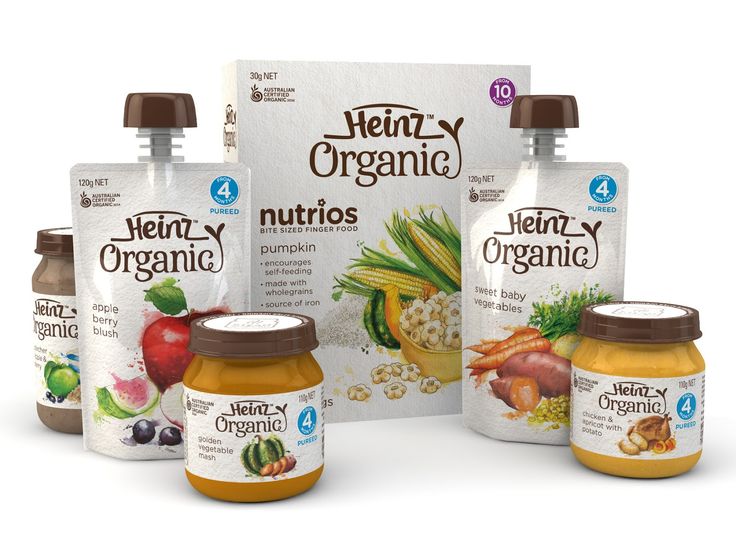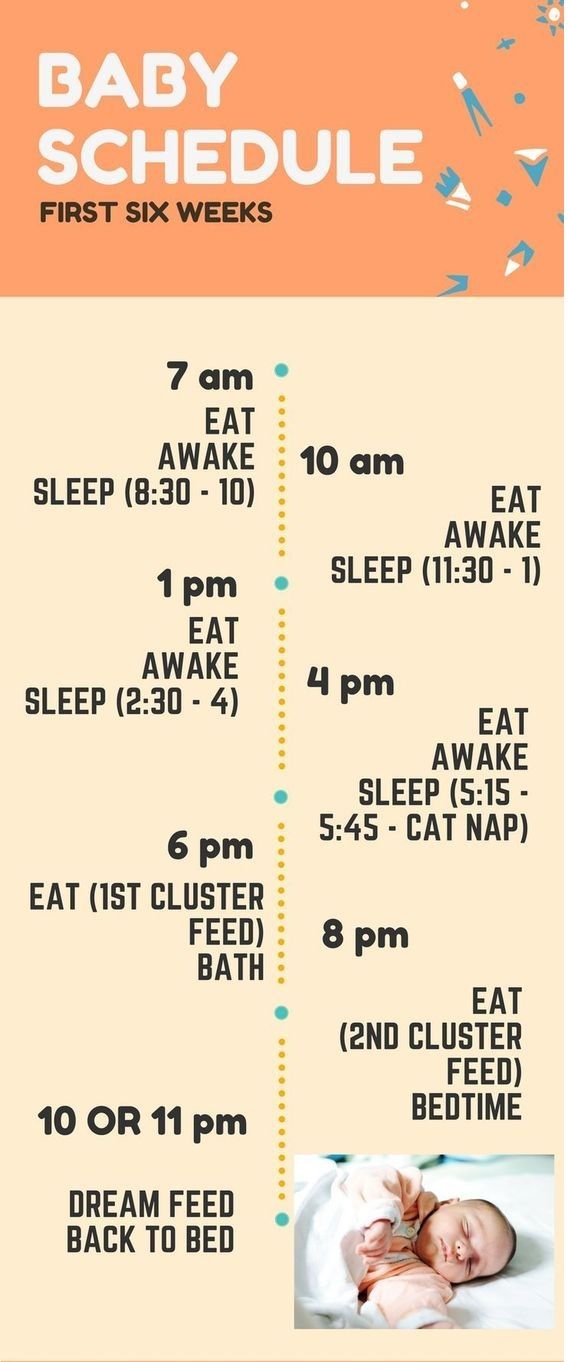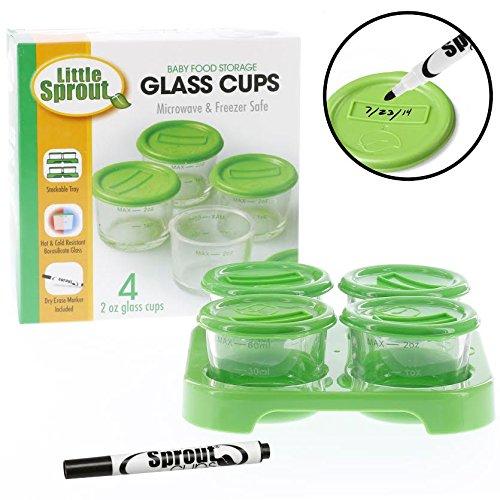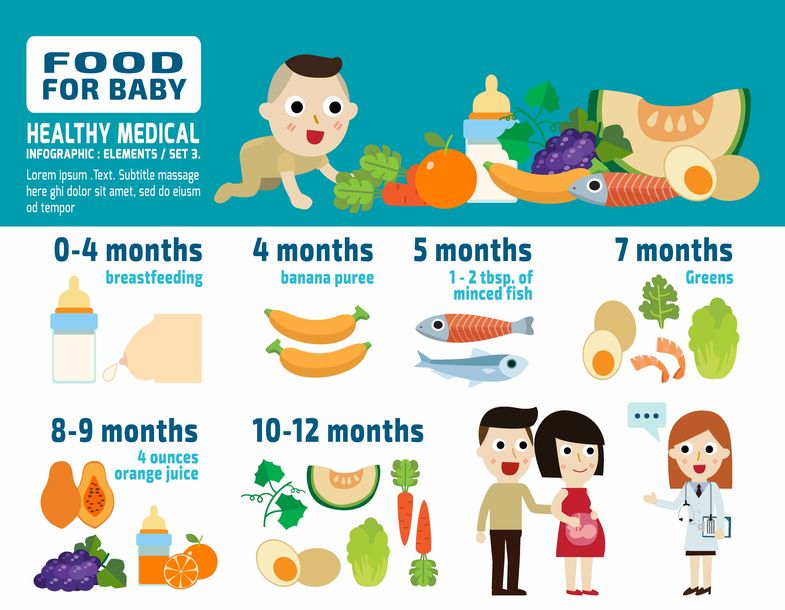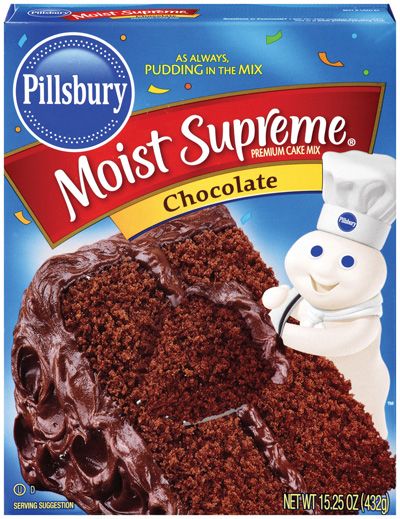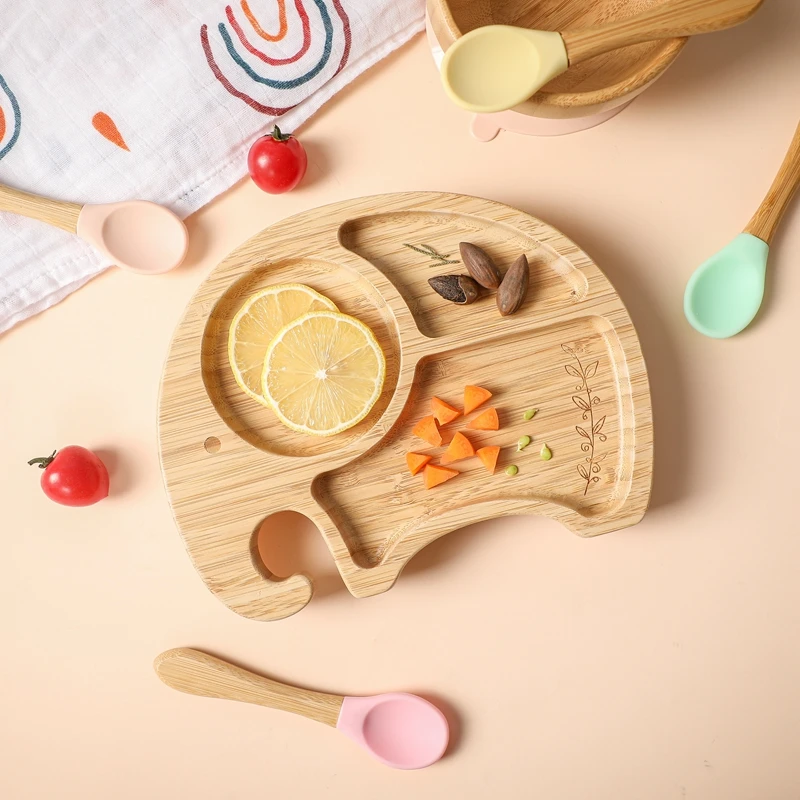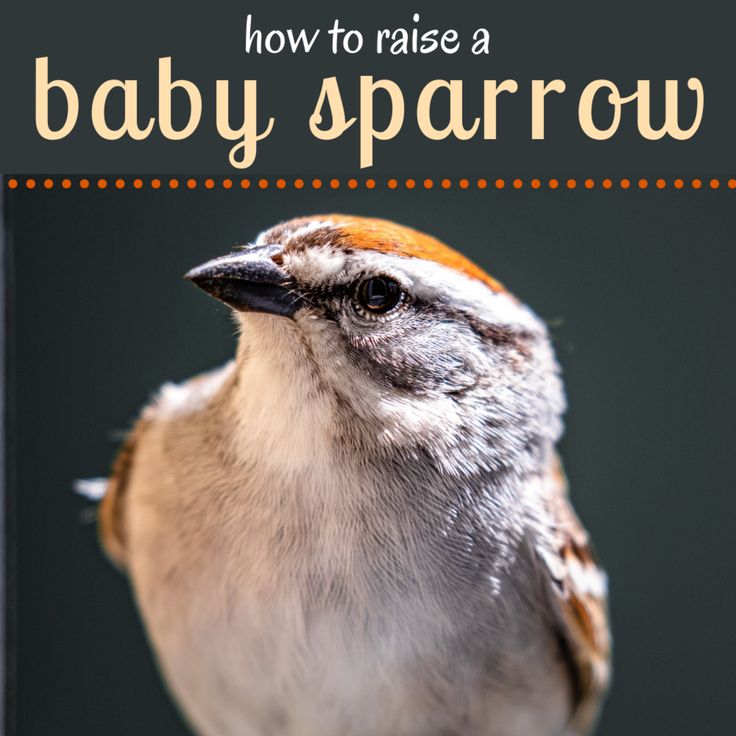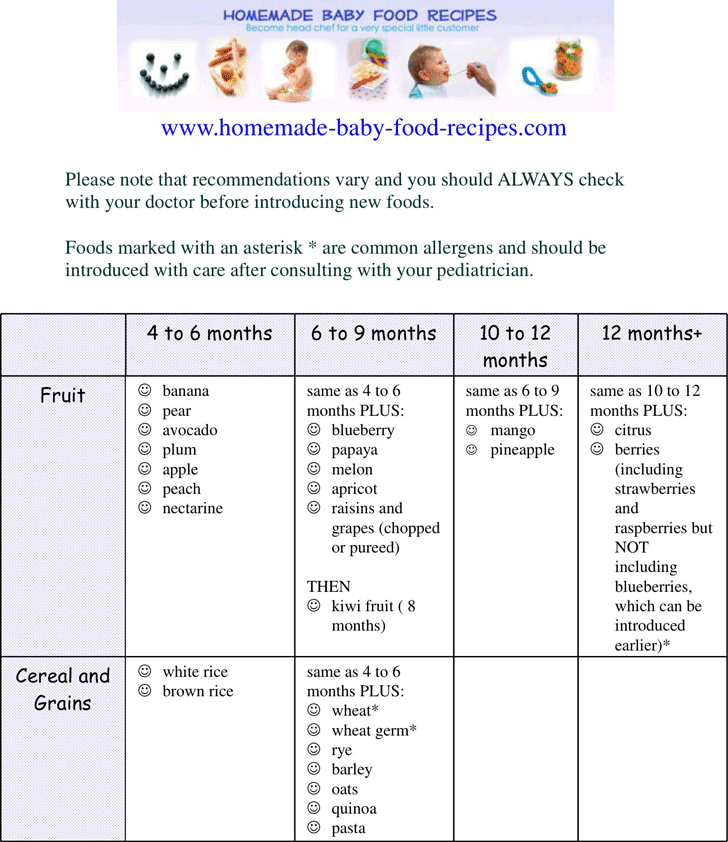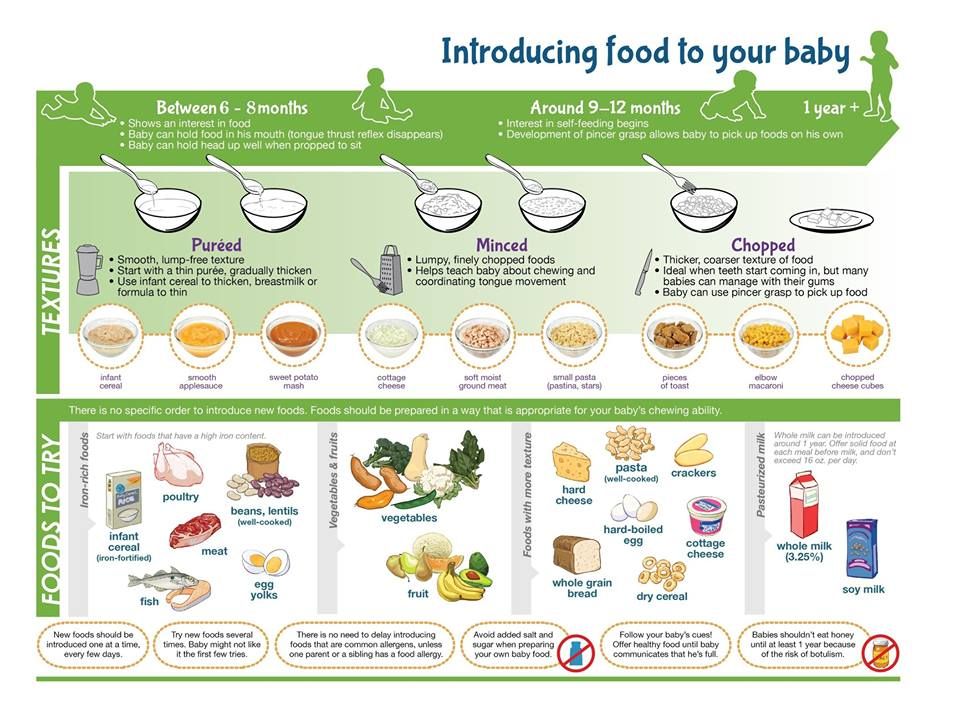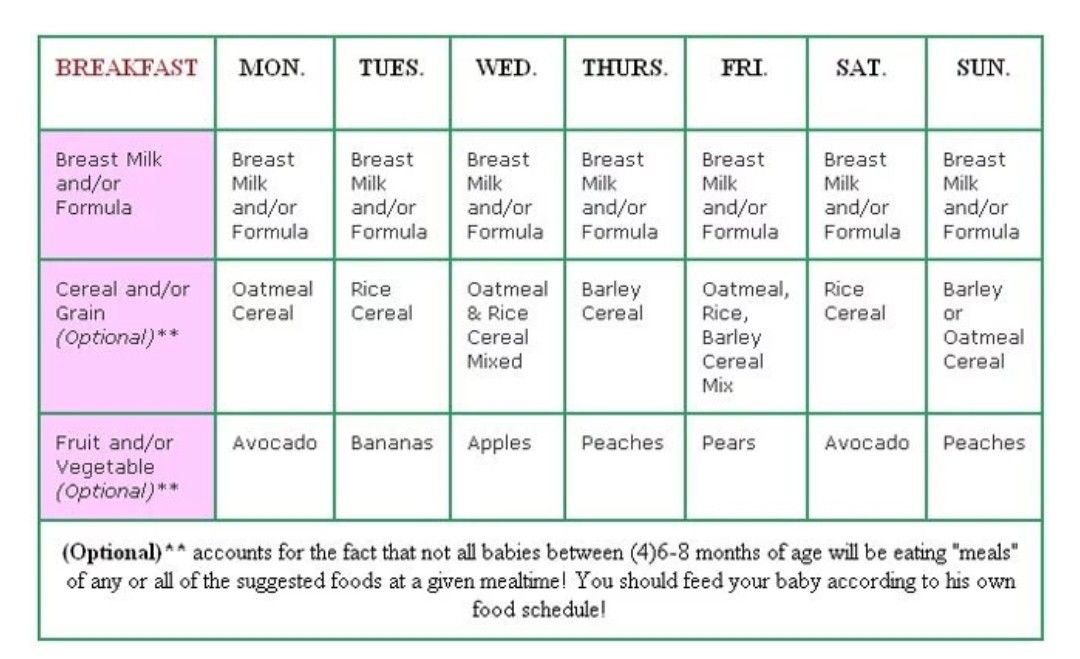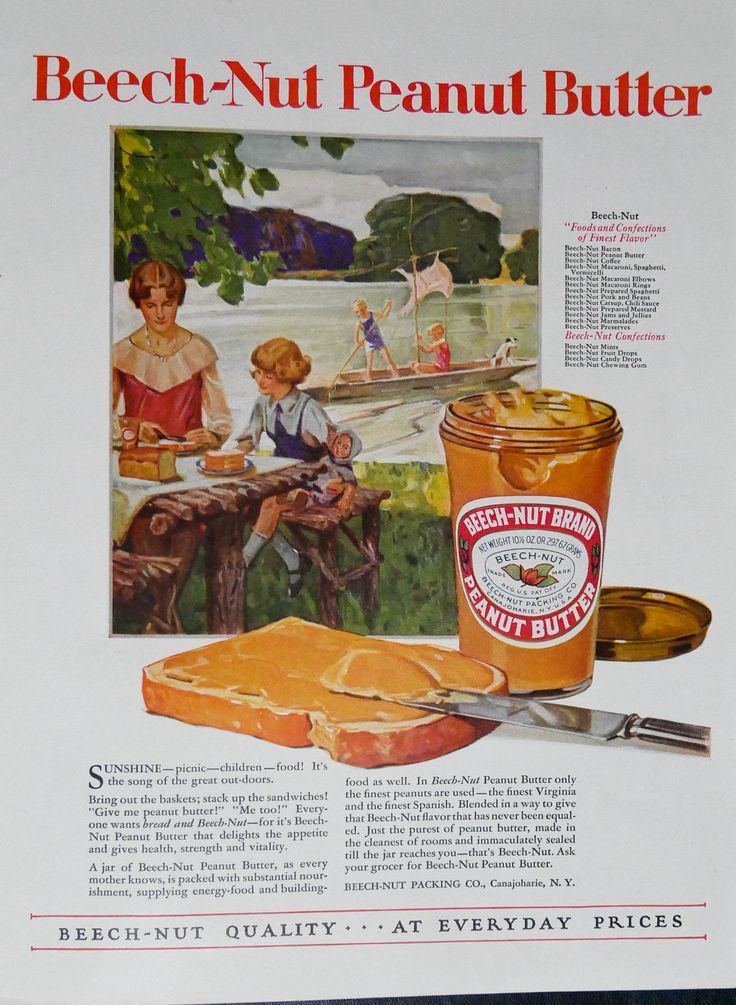Feeding baby organic food
Organic vs nonorganic food: Does it matter which I’m feeding my child?
Updated Oct 10, 2022
The demand for organic products, including food, has grown tremendously over the last few decades, and foods that used to only be found in specialty health food stores now fill the shelves at most major grocery stores. In fact, according to the Organic Trade Association, sales of organic foods topped $56 billion in 2020.
Clearly, organic foods have become popular. But what does “organic” actually mean — and is the label worth the extra cost? Keep reading to find out.
IN THIS ARTICLE:
What is the difference between organic foods vs nonorganic foods?
Organic foods vs nonorganic foods: Does it matter which type I’m feeding my child?
When should I try to purchase organic foods?
Takeaway
What is the difference between organic foods vs non-organic foods?
In the United States, the term organic signifies that a product has been grown or produced according to standards set forth by the United States Department of Agriculture (USDA). These standards set best practices for crop farming and animal production in the areas of soil quality, animal raising, pest and weed control, as well as the use of additives. If a food is labeled organic, it’s produced without conventional pesticides, genetic engineering (GMOs), and routine antibiotics.
In order to use the organic label, farms must apply for the organic certification through the USDA, a process that can be time-intensive and expensive. So while products sold at the grocery store are highly regulated, food at a local farmers’ market may not be! Chances are if you talk with local farmers, you may find a farm following organic practices that cannot afford to become certified or simply chooses not to. Moral of the story? It’s worth learning about where your food comes from if you can!
There are four categories a food or product could fall under for organic labeling. A few of them use the USDA Organic seal and some of them don’t.
Here’s a quick recap of the different categories so you can be better informed next time you’re at the grocery store.
Organic vs. nonorganic foods: Does it matter which type I’m feeding my child?
The decision whether or not to serve organic foods to your child or family is a highly personal one based on multiple factors, including budget and accessibility. Organic food almost always costs more than its conventional counterparts and although it has grown in popularity, it is not always possible to find.
While there is no definitive answer to the organic vs. nonorganic debate — even in children — one potential benefit for choosing organic foods is reducing pesticide exposure. The pesticide levels found on produce regularly test under the allowable safety limits, but many still worry about the risk they pose to children’s developing bodies.
A few small studies show shifting to an organic diet quickly and significantly reduces pesticide residues in the bodies of preschool and elementary-aged children. However, these studies do have limitations and more research is needed in this area.
However, these studies do have limitations and more research is needed in this area.
Additionally, pesticides may be found in our environments as well as the food we eat, so choosing organic food is only one way to reduce exposure.
Although some families prefer the taste of organic food or feel it is better for the environment, the research is not conclusive enough to say organic is better than nonorganic, even in children.
As with all feeding matters, choosing organic doesn’t have to be all or nothing. Keep reading for ways to incorporate organic food into your diet in a way that works for your family.
Is organic food really better?
Consuming organic food is often believed to reduce exposure to pesticides, to be better for the environment, and to be more nutritious. While the research isn’t completely conclusive in telling us whether or not organic food is healthier overall, here is what it can tell us.
According to a 2012 scientific review, organic food was not found to be significantly more nutritious than nonorganic, but consuming organic food likely reduces exposure to pesticides and antibiotic-resistant bacteria. It’s worth noting that all the food tested was still under the allowable safety limits for pesticide use. However, if reducing pesticide exposure is important to you, this may be a reason to choose organic.
In 2020, another review looked at the benefits of organic versus conventional food as it related to overall human health. It concluded that the current research is not definitive as most studies look at pesticide exposure and cannot determine long-term health effects. However, there were some significant positive outcomes related to reduced occurrences of infertility, birth defects, allergies, ear infections, pre-eclampsia, metabolic syndrome, high BMI, and non-Hodgkin lymphoma with an increased organic food intake.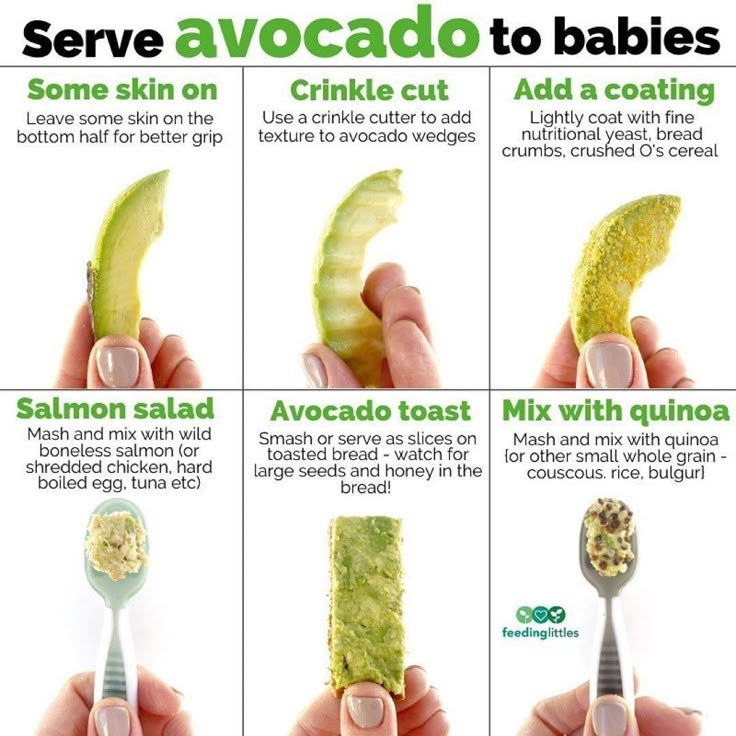
Overall, we can conclude there are likely some benefits to consuming organic food, but it is difficult to determine how great the benefits really are. Additionally, we know eating a varied diet rich in produce leads to positive health outcomes regardless if the food is organic or not.
Alternative options for choosing organic
1. Choose organic for select foods
You can use the Environmental Working Group’s (EWG) Dirty Dozen and Clean Fifteen lists to see what foods are typically higher in pesticides and which ones are typically lower. These lists are updated each year.
2. Look for produce alternatives
Frozen or canned organic produce may likely still be more expensive than their conventional counterparts, but may be cheaper than buying fresh. Frozen and canned produce has been shown to be just as nutritious as fresh produce.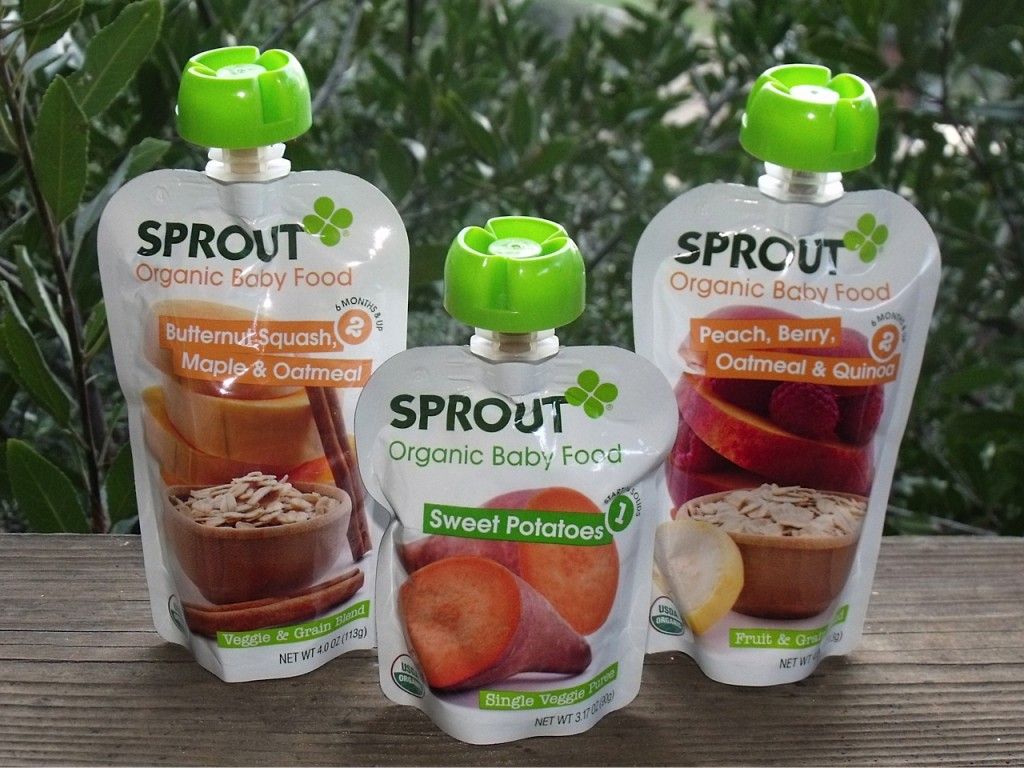
3. Grow your own
Set up a garden in your backyard or seek out a community garden, and try your hand at growing your own produce. You will be in control of how the food is produced from start to finish!
4. Purchase from a local farm or farmers market
Many smaller local farms follow organic practices, but aren’t necessarily certified as USDA organic due to the cost. Talk with the farmer to understand their practices and find a farm that aligns with your family’s values.
When should I try to purchase organic foods?
If you have the opportunity to purchase organic and you would like to, here are a few types of foods that are likely worth the extra cost and a few that might not be.
Foods to consider purchasing organic:
Every year, the EWG releases a list of produce that likely has the highest pesticide residue.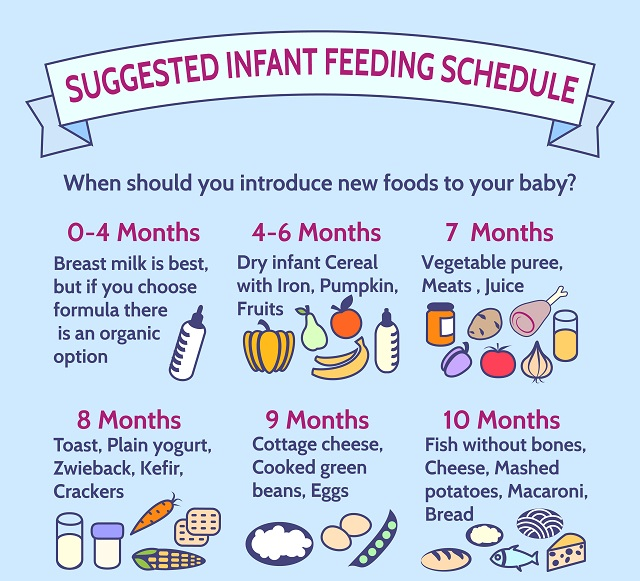 They review data from USDA and FDA testing to compile the list. If you are trying to limit pesticide exposure, this list is a great place to start.
They review data from USDA and FDA testing to compile the list. If you are trying to limit pesticide exposure, this list is a great place to start.
Since babies have smaller bodies and less developed body systems, being exposed to pesticides may be harder on them. If your baby loves blueberries and eats them every morning, it may be worth purchasing organic if you can.
Produce where you eat the whole fruit or vegetable such as leafy greens, berries, or apples may be good choices to purchase organic since you eat the whole thing.
Foods that might not really matter:
Foods you peel
Peeling the skin off of a piece of fruit or vegetable will likely reduce the pesticide exposure. If you are looking to save on organic, skips foods such as bananas, avocados, and citrus fruits.
Much of the research focused on organic foods has been done on produce and pesticide exposure.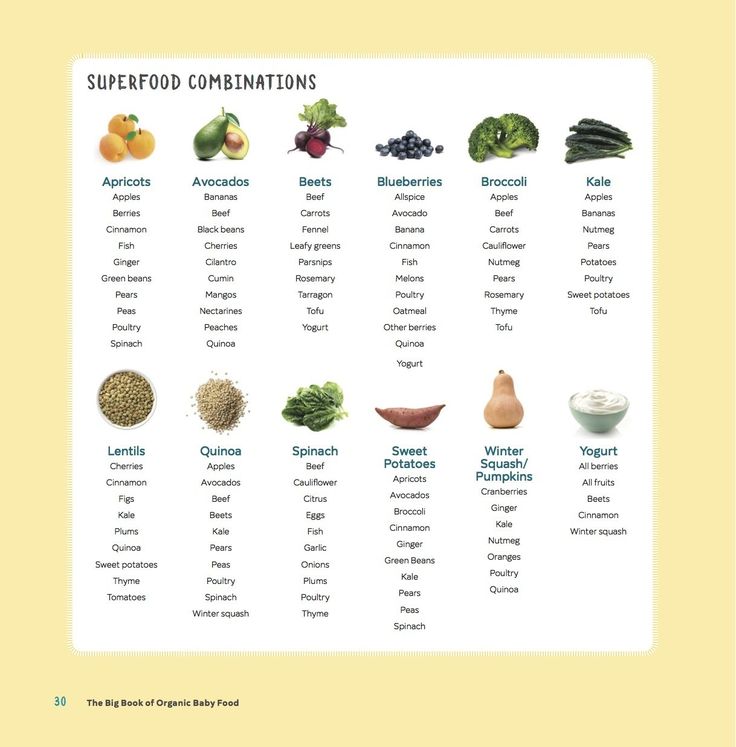 So it’s difficult to determine the impact of choosing an organic packaged snack. Ideally, these types of foods are more limited in your child’s diet anyway, so it might not be worth the extra money here.
So it’s difficult to determine the impact of choosing an organic packaged snack. Ideally, these types of foods are more limited in your child’s diet anyway, so it might not be worth the extra money here.
Takeaway
Whether you decide to feed organic food to your family is a largely personal decision based on a number of factors, including some that may be outside of your control. Rest assured, we are here to support your parenting journey regardless of your choice.
The bottom line: Ultimately, only you can decide if purchasing organic food is best for your family. If you want to and are able to purchase organic foods, that’s great! If you are unable to purchase organic or don’t want to, that’s OK too. Whichever you choose, do your best to eat a varied diet, full of as many whole foods as possible.
Should I Be Buying Organic Baby Food? We Spoke to an Expert (Exclusive)
toggle
Home > Small Changes > Sustainable Living > What Is Sustainable Living?
Source: Getty Images
In the realm of parenting, there's an ongoing argument regarding baby food — does it have to be organic? Is feeding your child an all-natural brand truly necessary, or can parents get by with purchasing a cheaper alternative, sans that pricey organic label? The argument has been happening for several years now, and as health-minded folk, we were determined to get to the bottom of it.
Article continues below advertisement
"Some people might buy organic baby food to limit their babies' exposure to [pesticide] residues — since infants might be more susceptible to harm potentially caused by pesticides than are adults. However, residues on most products — both organic and nonorganic — don't exceed government safety thresholds," Head of Nutrition for Nucific, author, and renowned TV dietary expert, Dr. Amy Lee, tells Green Matters in an exclusive email interview.
Keep reading for more information on this matter.
Source: Getty Images
Article continues below advertisement
Is it important to feed your baby organic foods?
Most parents want to feed their babies the safest foods possible, but organic doesn't necessarily mean safe. In February 2021, unhealthy traces of metals were discovered in a number of baby food brands, including some that sported the pricey organic label. That said, organic doesn't necessarily mean "healthiest" or "safest" — this simply happened because of metals in the air, soil, and water, without knowledge from the farmers or manufacturers.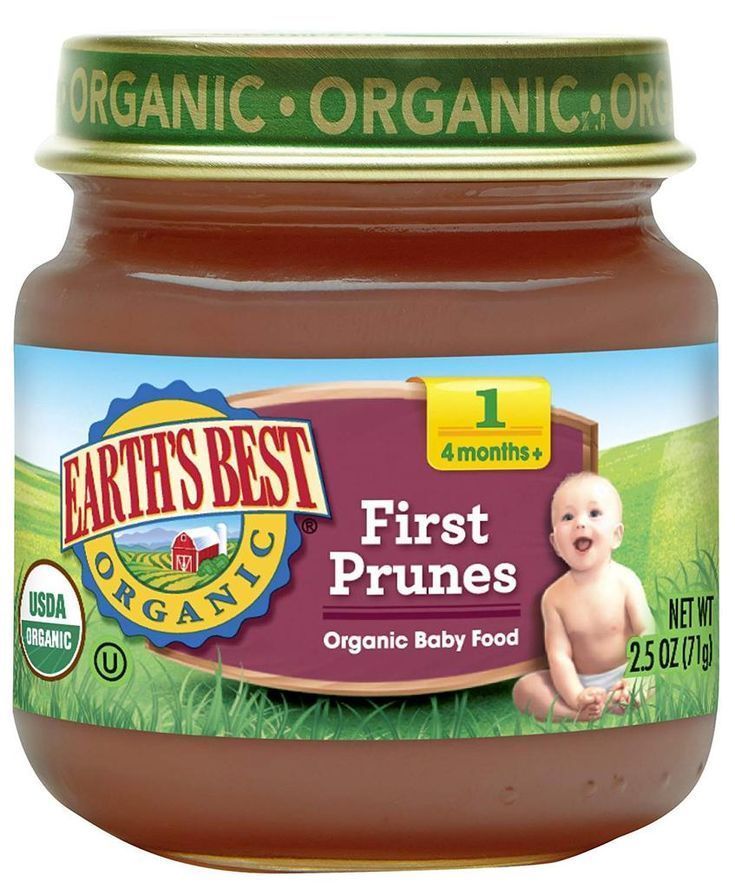
Buying organic food, however, does guarantee that there aren't chemicals or pesticides knowingly used in the growing process for any ingredients that go into that little jar of mush. So, purchasing all-natural food over anything else does reduce the risk of having your baby exposed to those types of chemicals. However, Lee says it isn't absolutely necessary.
Article continues below advertisement
"The fact is, there is no hard data on what happens to babies who grow up as adults who were raised on organic vs. conventional foods. No one can say who’s getting the benefit or not," Lee tells us. "We know the nutrients are all the same when it comes to comparing an organic apple vs. a conventional apple; but ultimately, it is this fear of the unknown of what the baby is being exposed to."
So, while the hype may have some truth to it, organic isn't the only way to go.
Source: Getty Images
Article continues below advertisement
Are there cheaper alternatives to organic baby food?
Lee tells us that there are cheaper alternatives to buying organic baby food, because organic brands can be incredibly expensive.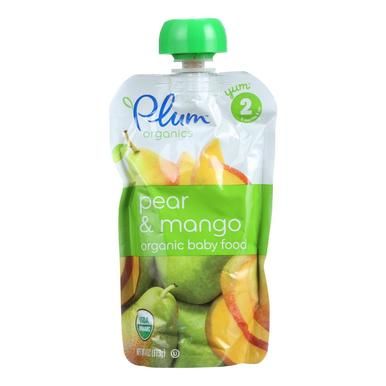 Raised Real, for example, can cost up to $5 per meal, which is incredibly expensive and not doable, especially for young or low-income parents. Luckily, though, there are many cheaper alternatives to organic brands, that definitely won't sacrifice your baby's well-being.
Raised Real, for example, can cost up to $5 per meal, which is incredibly expensive and not doable, especially for young or low-income parents. Luckily, though, there are many cheaper alternatives to organic brands, that definitely won't sacrifice your baby's well-being.
"There are food products that are less likely to hold onto more pesticides after harvest. Meaning fruits and vegetables that have a naturally thick skin are probably things you can buy conventional. Meaning, avocado, cantaloupes, oranges versus things like spinach, strawberries, grapes, which may hold onto a lot of residues," she says. You can check out the 2020 Dirty Dozen and Clean Fifteen to learn which produce is more and less likely to hold onto pesticide residues.
Article continues below advertisement
But, Lee tells us you can get rid of the "residues" on non-organic food, to ensure they're totally clean."
"There are techniques that I have seen in ways to wash these residues off by use of white vinegar or soaking things longer which would allow someone to buy conventional without the fear.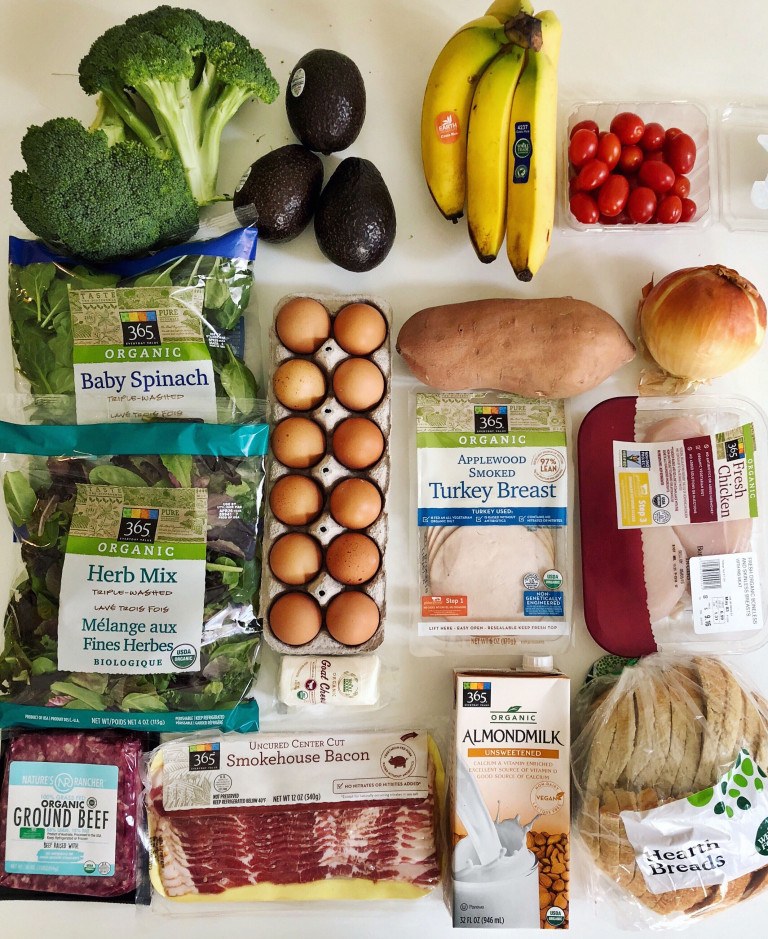 "
"
Source: Getty Images
Article continues below advertisement
Is making your own baby food a good idea?
Making your own baby food may be cheaper, but is it truly worth the extra effort, as opposed to buying ready-made meals? Lee tells us it's definitely safe and worth doing, if you have the time to do so.
"Making food at home is always safe and worthwhile! If you look at any food label, there tends to be more sugar added as well as the natural need for preservatives," Lee says.
"Yes, it does mean that anything homemade may perish and you must plan ahead to eat it up before it goes bad, and you have to cook more often," she continues. "With cooking, you can control the amount you buy and of course, you can prep meals for babies as you do for adults. Put things in the freezer and use what you need. But I do feel that when food is homemade, there is more appreciation that goes into it and your baby would thank you."
Article continues below advertisement
Source: Getty Images
Parenting debates are truly never-ending, and you're likely to start a fight in a room of seasoned mothers by telling them organic baby food isn't totally necessary.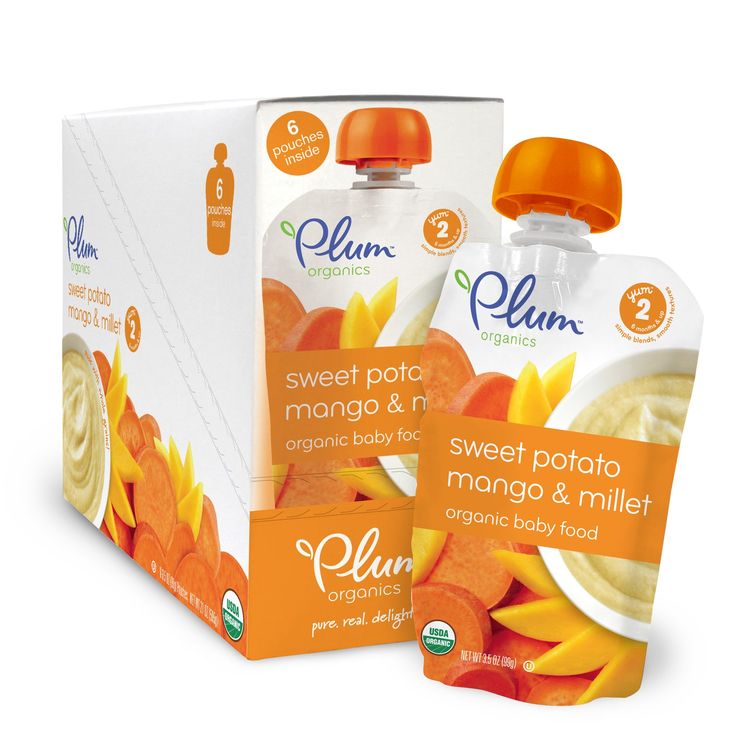 So, new parents, rejoice: there are cheaper — and equally-safe — alternatives.
So, new parents, rejoice: there are cheaper — and equally-safe — alternatives.
Advertisement
More from Green Matters
Latest What Is Sustainable Living? News and Updates
Advertisement
Why is it better to choose organic products in the first year of life?
The best food for a newborn is breast milk, but from the age of six months, doctors recommend introducing complementary foods. No matter how we feel about the timing of the introduction of new products, but sooner or later the baby will eat the same as the whole family. With the introduction of complementary foods, the question arises before the mother: buy jars or make mashed potatoes on their own. Grandmothers insist on a "home" version. We clarify the situation so that you can make a decision. nine0003
Pediatricians "program" correctly
Let's start with the fact that there is a National program to optimize the nutrition of children in the first year of life.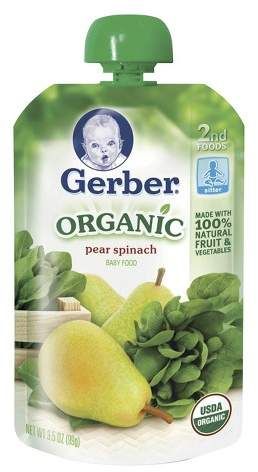 Pediatricians in our country believe that nutrition in the first year of life "programs" the process of digestion or metabolism. At the same time, certain eating disorders can increase the risk of developing diseases such as allergies, obesity, metabolic syndrome, osteoporosis, and some others. All these diseases, the authors of the National Program note, are currently called the "epidemic" of civilization. According to statistics, the frequency of cases of such diseases, their severity and possible adverse consequences are increasing. nine0005
Pediatricians in our country believe that nutrition in the first year of life "programs" the process of digestion or metabolism. At the same time, certain eating disorders can increase the risk of developing diseases such as allergies, obesity, metabolic syndrome, osteoporosis, and some others. All these diseases, the authors of the National Program note, are currently called the "epidemic" of civilization. According to statistics, the frequency of cases of such diseases, their severity and possible adverse consequences are increasing. nine0005
In the light of such a pediatric “horror story”, you want to feed your child with quality products so as not to run into trouble. Perhaps, meat, poultry, fruits and vegetables bought at the market could have been a quality product before, but now the situation has changed.
The market does not guarantee
According to Yulia Gracheva, director of the St. Petersburg Ecological Union, markets are required to test vegetables and fruits for heavy metals and pesticides.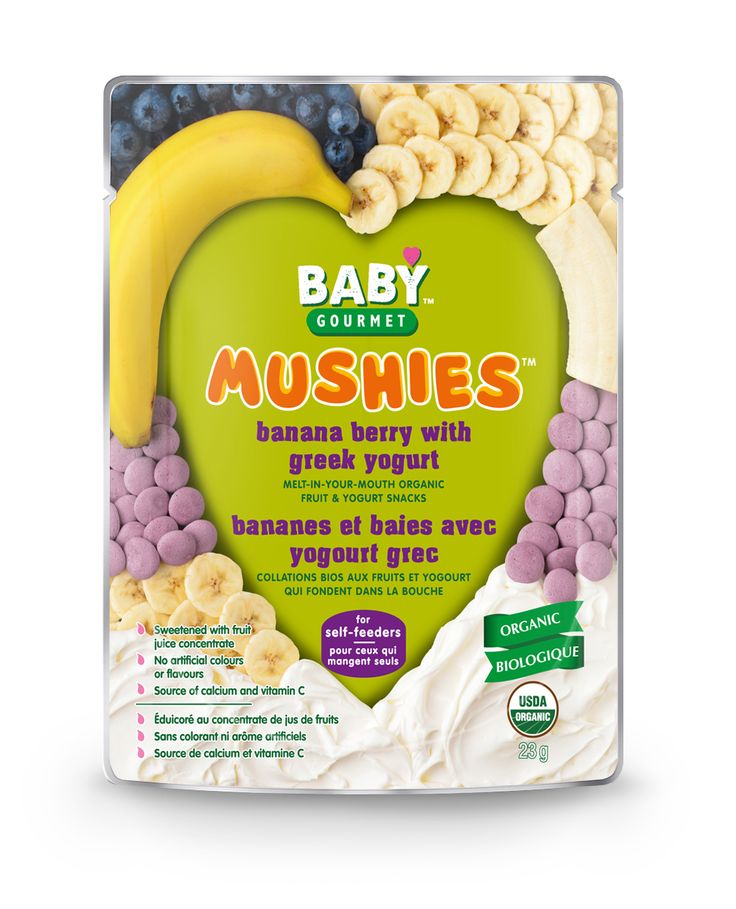 However, in reality, there may not be their own control of products, and drivers have bundles of certificates of conformity and permissions for any request from the market administration. Needless to say, these papers are worth nothing, although a whole class of people profit from them very well. nine0005
However, in reality, there may not be their own control of products, and drivers have bundles of certificates of conformity and permissions for any request from the market administration. Needless to say, these papers are worth nothing, although a whole class of people profit from them very well. nine0005
Meanwhile, the administrations of the Ecomarket in Konkovo and Danilovsky Market claim that checks are underway. But doubt breeds danger - the baby can get products that were grown with pesticides and other pesticides, and there may be nitrates in the products. And they are there. The question is quantity.
Fears for the quality of products will not dispel even the assertion that the products are from the grandmother's garden. As previously noted by LavkaLavka project expert David Yavruyan, the grandmother may have Chinese seeds contaminated with GMOs, and the water in the well does not meet strict sanitary standards. In addition, the expert recalls that in Russia villages were built along roads, which means that the soil can be contaminated with heavy metals and toxins from car exhaust.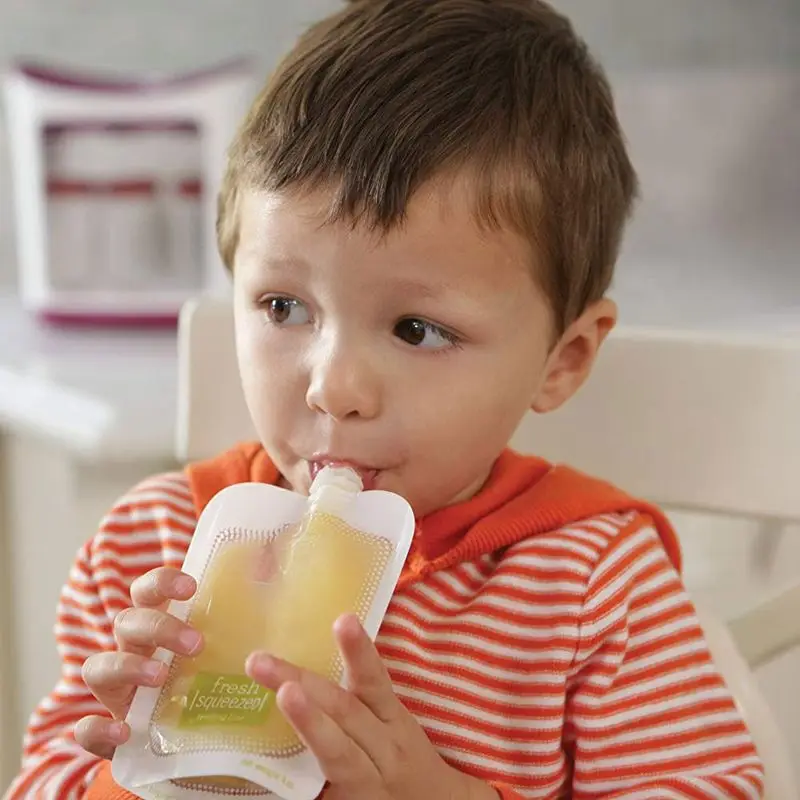 Even the cleanest grandmother will not be able to defeat this "infection". nine0005
Even the cleanest grandmother will not be able to defeat this "infection". nine0005
If you do buy food at the market, be sure to wash it properly. About this in our article.
And yet - you can only buy verified healthy and organic, I focus on the certificate. It is issued by an independent body that, with its name, is responsible for the quality of products from seed to counter.
What does organic baby food mean?
It's clear that LookBio is a fan of organic certifications and an organic approach to food production. But we turned to the baby food manufacturer Hipp for an explanation of what the “organic” mark on their products means. HiPP, in turn, gave information with reference to a large-scale study within the framework of the Quality Low Input Food (QLIF) project, conducted in the EU over four years:
Organic meat:
Safer
- no hormones
- without antibiotics
- contains significantly less harmful substances
Less fat
- Contains on average 10-20% less fat
Healthier
- contains twice the amount of omega-3 unsaturated fatty acids
Organic vegetables
Contains more:
- vitamins,
- minerals, antioxidants and other secondary plant substances,
- polyunsaturated fatty acids, essential amino acids
Contains less:
- heavy metals,
- mycotoxins,
- pesticide residues,
- nitrates
If we talk about the use of protective equipment in the process of growing crops, then about 20 substances of animal and vegetable origin are allowed in organic farming.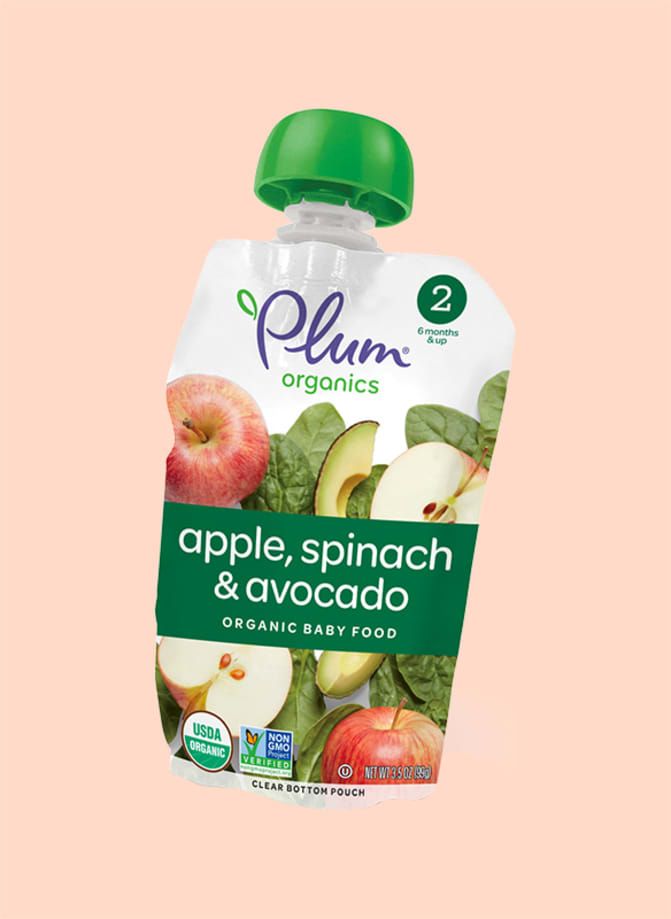 nine0005
nine0005
Yulia Gracheva, a representative of the St. Petersburg Ecological Union, recalls that the list of permitted pesticides in organic farming can fit on two pages, while the state register of permitted pesticides contains a list of 700 pages. And, returning to the previous point, the usual SanPin check only checks for a few pesticides.
Looking for certificates
Only an organic certificate can guarantee that you have bought an organic product. The most famous certificates: "Eurolist" for the EU countries, USDA for the USA. Russian private organic standards also exist, but they have not yet reached baby food, so it makes sense to focus on international signs. Previously, LookBio reviewed organic baby food. What we found can be seen here. nine0005
Experiments also speak in favor of organic baby food, when families were transferred from ordinary products to “pure organic”. The decrease in the level of pesticides and heavy metals in the organisms of the subjects was noticeable after a couple of weeks.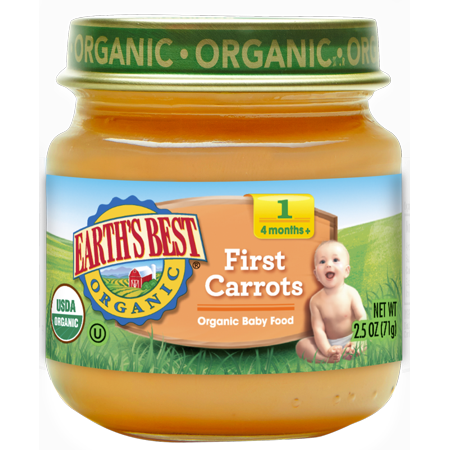 Particularly revealing were the changes for the better in blood and urine samples in children. More about it here.
Particularly revealing were the changes for the better in blood and urine samples in children. More about it here.
Summing up, we can say that products from trusted manufacturers like grandma are better than others, but if you don’t have a farmer grandmother, then it’s safer to feed your baby in the first year of life with certified organic baby food. nine0005
May the power of their nutrients be with you!
Organic nutrition is the guarantee of a child's health! – Kid's Republic Blog
Product catalog
- nine0042
“Organic food” is a term we hear more and more often in recent years, as the transition to a healthy diet becomes popular in many countries of the world. "Organic food" is the most important component of the life of any modern person, which is why natural products that are not capable of harming the body attract constant attention.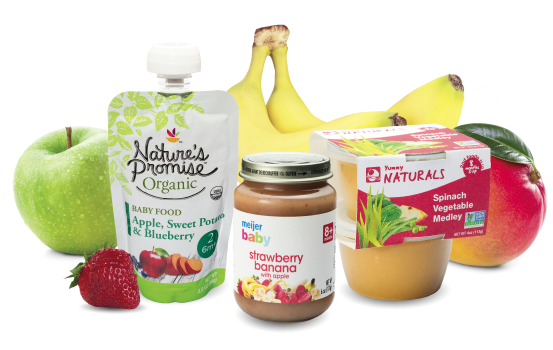 nine0005
nine0005
What does "organic nutrition" mean?
This is the name of any food grown without the use of chemicals. High-quality, absolutely safe eco-products are bought by people who strive to be healthy, lead a correct, active lifestyle. This food is much tastier and healthier for our body, since its production does not involve the use of harmful chemicals.
Eco products should always be chosen only from reliable, trusted manufacturers. Unfortunately, in pursuit of super profits, some are trying to reduce costs, which inevitably affects the quality of goods. The current situation often leads to negative health consequences. nine0005
Organic benefits
Food of natural origin, grown or made without the use of chemical components, has a lot of undoubted advantages:
- does not contain any harmful heavy metals. It contains more antioxidants that prolong life;
- in meat and dairy products of organic origin there are a lot of useful fatty acids "Omega-3", which contribute to the healing and regeneration of the skin, preventing the occurrence of joint diseases, which have a powerful anti-inflammatory effect; nine0042
- the right diet is the rapid growth of the body, less prone to allergic reactions and obesity, strong immunity.
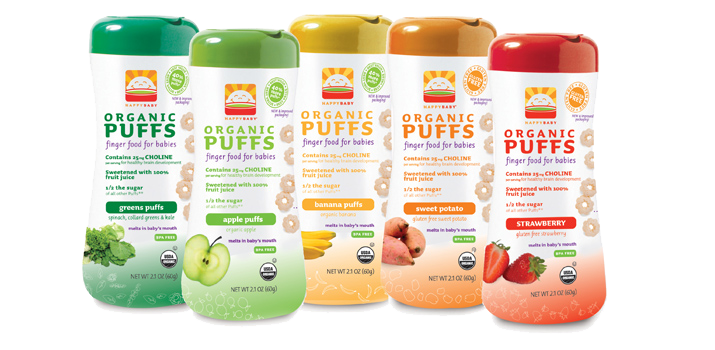
- everyone who consumes "Organic food" is physically fitter, more active and healthier.
People who prefer ordinary food are more likely to get sick and have problems with the gastrointestinal tract. Children from an early age suffer from allergies and skin rashes.
Production secrets Organic food
What methods are used to grow organic food? The management of such an economy has a number of features:
- does not harm the environment. Farmers always use only those types of natural fertilizers on which our ancestors grew food;
- animals and birds on farms receive a natural diet free from chemical additives. Antibiotics and hormonal preparations are not added to the diet, so livestock meat has a high taste; nine0042
- all farms engaged in the cultivation of organic food undergo mandatory certification;
- manufacturers do not use GMOs, which makes organic food even more useful;
- does not use flavor enhancers and additives that are found in large quantities in conventional products.
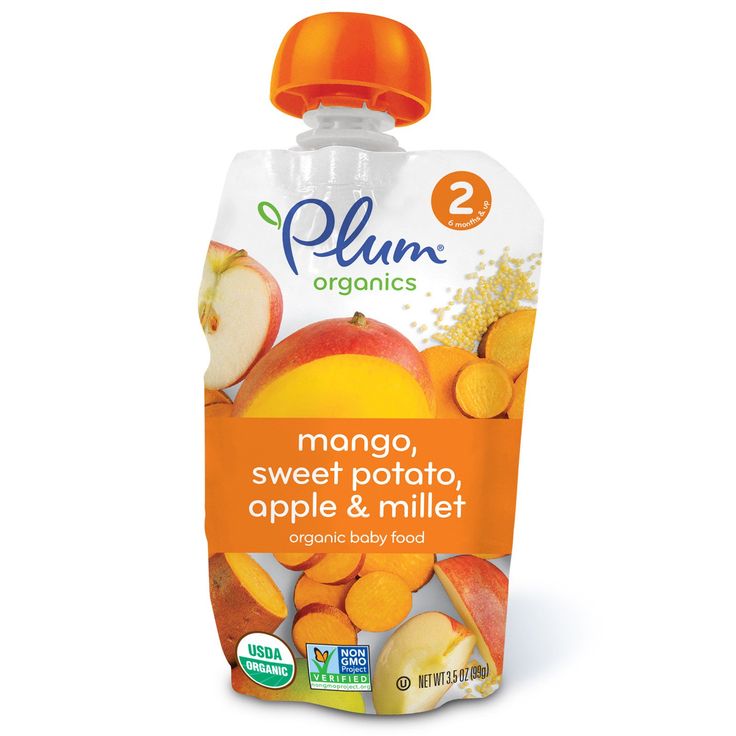
Which product to choose
The requirements for raw materials for the manufacture of baby food are much higher than for adults. After all, healthy foods are the key to good health for babies, the proper formation of the body. Therefore, parents should always worry about their children eating not only tasty, but also right. nine0005
Organic food from well-known European brands Good Gout (France) and Nature Innovation (Belgium) can help solve this complex issue. A variety of products that do not contain harmful substances are packaged in beautiful bags made from environmentally friendly materials. The range of products presented in the catalog is extremely wide, these are:
- pear, apple, mango, banana, strawberry puree containing 99.9% organic fruit and a splash of lemon juice;
- "Strawberry muesli", "Oats, wheat, rice" cereals containing organic flour, vitamins and nothing else;
- eggplant pasta (eggplant, onion, tomato, whipped cream, olive oil).
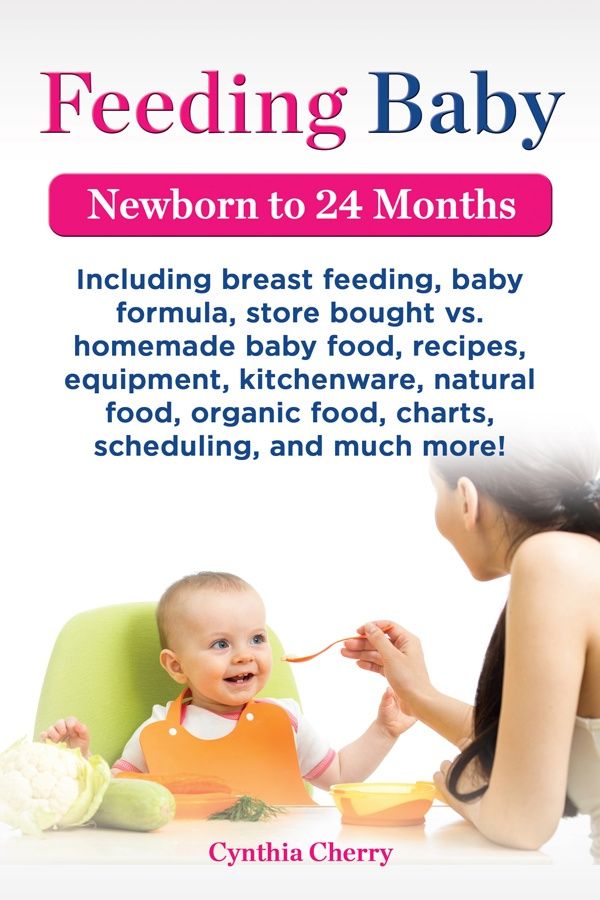 None of the vegetables were chemically treated during the growing process.
None of the vegetables were chemically treated during the growing process.
Organic vegetable purees, fruit sticks, marshmallows, crackers, pea sticks (tomato-basil, sour cream-onion), as well as cookies, breakfast cereals, mini rice cakes, bars with nuts, banana, almonds and other healthy products will help diversify your diet child, improve health and strengthen immunity. It is easy to feed your baby at home with securely closed bags and is convenient to carry so that the baby can experience the pleasure of eating anywhere, anytime. nine0005
Return to list
Items
Quick view
Baby fruit puree Apple and chestnut, Good Gout, 120g. from 4 months
99 UAHAdd to cartView details
Buy in 1 clickTo compare
Add to WishlistIn stock
Quick view
Fruit Sticks Apple, 35g, Nature Innovation (N. A!) Belgium
A!) Belgium
Add to cartView details
Buy in 1 clickTo compare
Add to WishlistIn stock
Quick view
Fruit sticks Mango, 35 gr., Nature Innovation (N.A!) Belgium
59 UAHAdd to cartView details
Buy in 1 clickTo compare
Add to WishlistIn stock
Quick view nine0005
Fruit sticks Raspberry, 35 gr., Nature Innovation (N.A!) Belgium
UAH 59Add to cartView details
Buy in 1 clickTo compare
Add to WishlistIn stock
Quick view
Baby porridge Oats, wheat and rice, Good Gout, 200g.